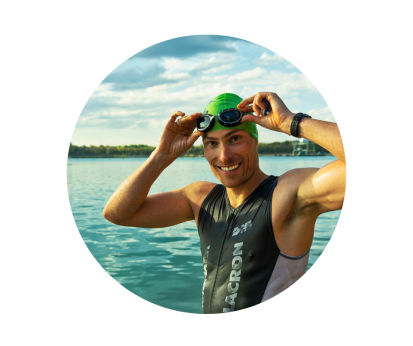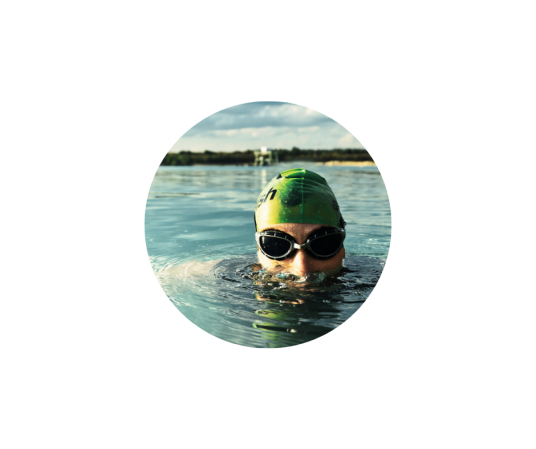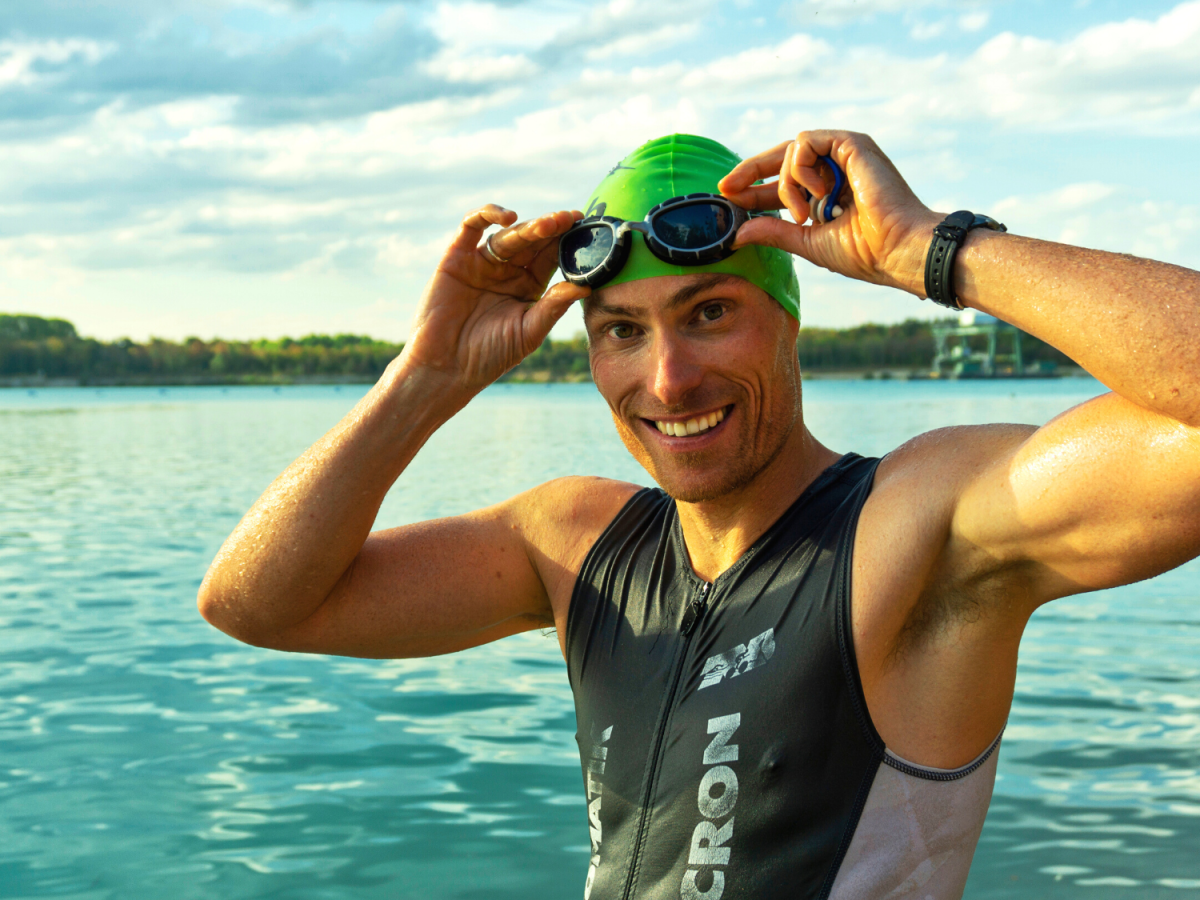Used to
When I was a kid, I used to jump off cliffs into the water. I used to be brave… or maybe I was just stupid! I didn’t use to worry about getting hurt.

In the text above, the speaker uses used to to show a repeated but completed action in the past. He used to jump off cliffs all the time. Now he doesn’t. He also says he used to be brave, meaning he is not as brave anymore.
Used to: (v.) A repeated, completed action or state in the past that is no longer true in the present.
Usually
Now that I’m an adult, I’m usually more careful. I don’t usually jump off dangerous cliffs, and I usually wear swimming gear to protect my body. I’m old now!

In the text above, the speaker uses usually to show repeated and frequent action in the present. He usually wears swim gear. He is usually more careful. He doesn’t usually jump off dangerous cliffs.
Usually: (adv.) A repeated action in the present. Frequently. Typically. Often.
Let’s dive in to some deeper grammar now.
Now that you understand the basics, we can look at used to and usually in more detail.
Used to
❋ Used to always refers to the past tense. It can’t be used to describe the present or future.
❋ Used to drops a “d” in the negative:
I didn’t use
dto wear equipment, just my swim trunks and a smile.
❋ In the question form, use did. The “d” is also dropped in question forms.
Did you use
dto do dangerous things when you were young?Yes, I did. I used to do lots of dangerous things!
❋ Used to is always followed by a verb in the base form. In the examples, we have used to wear, used to jump, and used to do.
Usually
❋ Usually refers to a repeated action in the present. It is an adverb, so it must modify a verb. The verb should be simple present, so use wear or wears in the affirmative, depending on the subject.
❋ The placement of usually is flexible. In general, it goes before the main verb in a sentence, unless the main verb is the verb to be. In that case, it goes after the be verb. Let’s see an example.
I usually look before I leap. I am usually more careful.
❋ In the negative, use don’t or doesn’t with usually and a base form verb.
He doesn’t usually do dangerous things.
❋ In questions, use Do or Does depending on the subject.
Do you usually wear swim gear these days? He does, but I don’t.
When you have a strong understanding of how to use used to and usually, we can talk about 2 more similar phrases that students find confusing: be used to and get used to.
Be used to vs. Get used to
be used to
❋ Be used to is different than used to.
Be used to means that you are accustomed to or comfortable with a part of daily life.
I’m used to wearing goggles when I swim. It’s normal for me. If I don’t wear them, my eyes burn.
Here, the speaker describes wearing goggles as a normal part of life that he is comfortable with.
❋ In negatives, the be verb is combined with not. In questions, use a form of the be verb to begin. (am, is, are, was, were)
❋ Be used to must be followed by a noun or gerund (ING verb)
I’m not used to swimming in lakes. I’m not sure I like it. I’m scared of touching the bottom. I prefer swimming in pools.

If it’s your first time swimming in a lake, you might say that you feel uncomfortable, or you’re not used to it.
❋ Swimming is a gerund. Use gerunds after be used to.
❋ Be used to can be used in past and present forms. (am, is, are, was, were)
get used to
Get used to is similar to be used to. It means you are in the process of becoming comfortable with something.
I’m still getting used to swimming in lakes. It was uncomfortable at first, but I’ve been going every week. If you do something many times, eventually you’ll get used to it.
You can become comfortable with something over time. Use get used to to show that you are growing accustomed to doing something.
❋ In the past, use got used to. Get functions as a normal verb when using this phrase. The expression is still followed by a gerund verb.
Do you think you understand the differences between used to, usually, be used to, and get used to? Take this short quiz to test your knowledge.
See you in the water!


